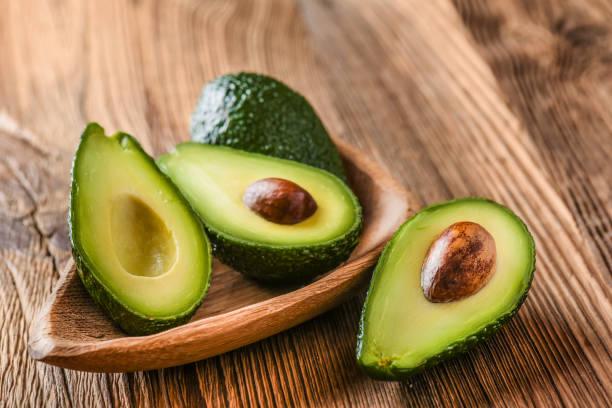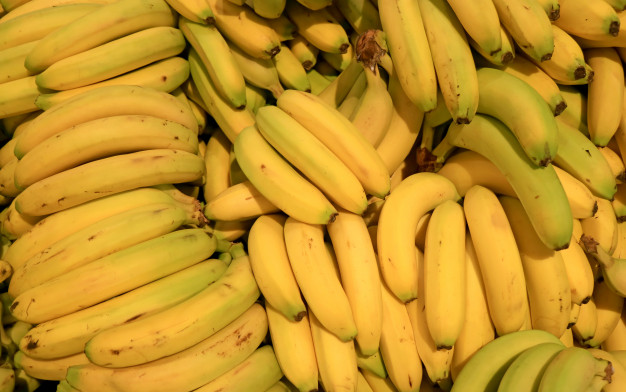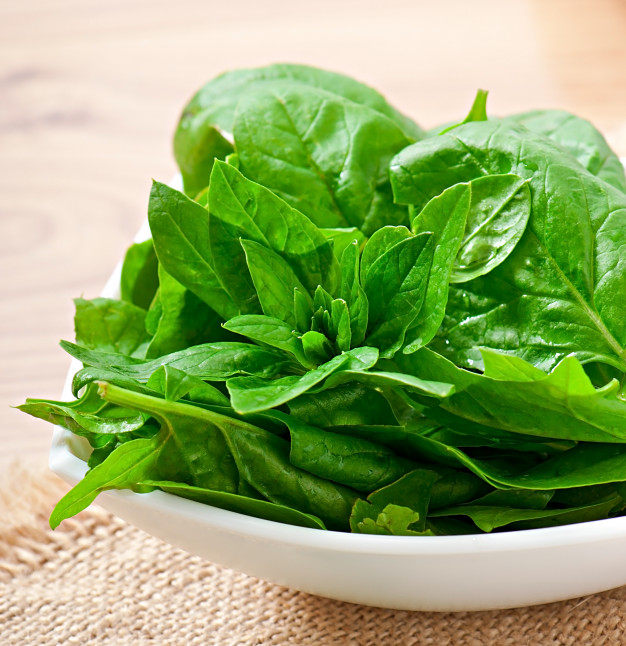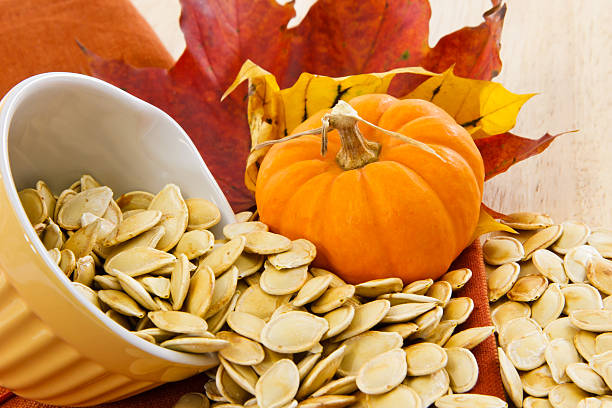World Mental Health Day is observed on October 10 every year to raise awareness and promote action on mental health issues. Mental health is a vital aspect of your overall well-being, as it affects your mood, thoughts, feelings, and behavior. It also influences how you cope with stress, relate to others, and make choices.
One of the factors that can affect your mental health is your diet. What you eat can have a significant impact on your brain function, mood, and emotions. Some foods can help support your mental health by providing essential nutrients, antioxidants, and omega-3 fatty acids that can reduce inflammation, protect brain cells, and regulate neurotransmitters.
Here are 10 foods that can help improve your mental health and how they work
Fatty fish

Fatty fish, such as salmon, trout, albacore tuna, herring, and sardines, are rich sources of omega-3 fatty acids, which are a major building block of the brain. Omega-3s can help improve learning and memory, as well as protect against cognitive decline and depression. They can also lower levels of the stress hormone cortisol and reduce inflammation in the brain.
Coffee

Coffee is a popular beverage that provides caffeine and antioxidants. Caffeine can increase alertness, improve mood, and sharpen concentration by blocking adenosine, a chemical that makes you feel sleepy. Antioxidants can help protect your brain cells from oxidative stress and damage. Drinking coffee over the long term may also lower your risk of developing neurological diseases like Parkinson’s and Alzheimer’s.
Dark chocolate

Dark chocolate is another delicious source of antioxidants that can benefit you. It contains flavonoids, which are plant compounds that can improve blood flow to the brain and stimulate the production of endorphins, the “feel-good” hormones. Dark chocolate also contains magnesium, which can help relax your muscles and nerves and reduce anxiety.
Avocados

Avocados are a creamy fruit that can help support your mental health by providing healthy fats, fiber, vitamin C, vitamin E, and potassium. These nutrients can help lower blood pressure, improve cholesterol levels, prevent oxidative damage, and enhance brain function. Avocados also contain tryptophan, an amino acid that is needed to produce serotonin, a neurotransmitter that regulates mood and happiness.
Bananas

Bananas are a convenient snack that can help improve your mental health by providing carbohydrates, fiber, vitamin B6, potassium, and magnesium. These nutrients can help boost your energy levels, stabilize your blood sugar, support your nervous system, and balance your mood. Bananas also contain tryptophan, which can help increase serotonin levels in the brain.
Broccoli

Broccoli is a cruciferous vegetable that can help enhance your mental health by providing vitamin C, vitamin K, folate, fiber, and antioxidants. These nutrients can help protect your brain from inflammation, oxidative stress, and age-related decline. Broccoli also contains sulforaphane, a compound that may have antidepressant and anti-anxiety effects by activating a protective pathway in the brain.
Spinach

Spinach is a leafy green vegetable that can help boost your mental health by providing iron, magnesium, folate, vitamin A, vitamin C, and antioxidants. These nutrients can help improve blood flow to the brain, prevent anemia, support nerve function, and reduce inflammation. Spinach also contains lutein, a carotenoid that may improve cognitive performance and memory.
Pumpkin seeds

Pumpkin seeds are a crunchy snack that can help improve your mental health by providing zinc, magnesium, tryptophan, and antioxidants. These nutrients can help regulate neurotransmitters, enhance mood, promote sleep quality, and protect brain cells from damage. Pumpkin seeds also contain phytosterols, plant compounds that may lower cholesterol levels and improve heart health.
Eggs

Eggs are a versatile food that can help support your mental health by providing protein, choline, vitamin B12, and omega-3 fatty acids. These nutrients can help build and repair brain cells, support memory and learning, prevent cognitive decline, and reduce depression. Eggs also contain tryptophan, which can help increase serotonin levels in the brain.
Kimchi

Kimchi is a fermented vegetable dish that can help enhance your mental health by providing probiotics, vitamins, minerals, and antioxidants. Probiotics are beneficial bacteria that can improve your gut health and influence your brain health. Research shows that fermented foods like kimchi may help reduce stress and anxiety by modulating the gut-brain axis.
These are some of the foods that can help improve your mental well-being and how they work. By adding these foods to your diet, you can nourish your brain and support your mental well-being. However, keep in mind that diet is only one of the factors that affect your mental health. You should also seek professional help if you have any concerns or symptoms. Remember, your mental health matters.
Cover photo credit: Creative Market via Pinterest.
